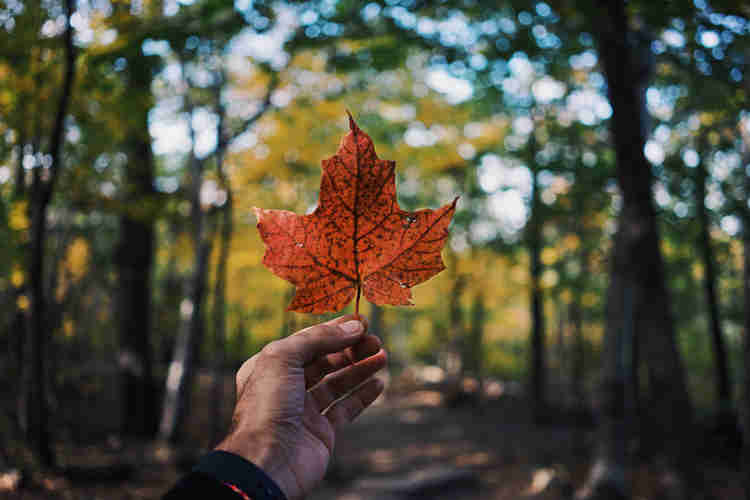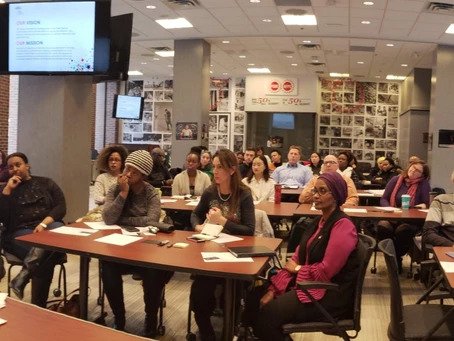How many of us have been asked this question and have felt a sense of anxiety and discomfort but feel obliged to respond? The mere essence of the question reinforces social stratification. Every time I have been asked about my ethnicity, an alarm automatically goes off in my head. Small talk can be a great conversation starter and may allow some to evade ‘controversial’ topics of race, politics and religion, but it can also be a harmful microaggression to any Indigenous or racialized person. As a racialized person, I have been asked many times about my ethnicity at every stage of my life. Ironically, when I have responded from where I am REALLY from, the reactions I receive are usually of disbelief making the microaggression even more painful.
Adrienne Shadd states that the curiosity individuals have of finding out where racialized people have “come from” can undeniably cause a sense of discomfort for marginalized racialized bodies and subconsciously perpetuates the status quo in the minds of the questioner and the recipient. As someone who was born in Pakistan, and immigrated to Canada in grade 7, I am questioned about my nationality almost every time I encounter someone new. People tend to guess where I am from, and when told that I was born in Pakistan they seem perplexed and frequently respond by saying, “Oh, but your English is so good,” or “you don’t look like you would be from there”. These comments assume that people who immigrate from another country and have lived in Canada for most of their most of their years would still sound ‘immigrant,’ (whatever that may be) and that all Pakistanis look alike. All too often these conversations lead to even more belittling comments or ‘unintentional’ racism.
Since I completed middle school, high school and post –secondary schooling in Canada, I did not get the opportunity to visit my home country until after my marriage in 2015. I had almost always found myself feeling some sort of discomfort whenever I was asked about my ethnicity, because I could always see people trying to place me somewhere on the social hierarchy whenever I told them where I “came from”. People’s lack of knowledge and ignorant stereotypes made me feel ashamed about my identity, especially during middle school and high school. It was only after I started post-secondary school and living and working in Pakistan for two years, I truly found out how inaccurately Pakistan is portrayed in the media and the misconceptions people have about folks who live there. Since returning to Ottawa, I am more proud of where I come from and more confident in addressing people’s misconceptions about my cultural heritage and my hyphenated Pakistani-Canadian identity.
As I reflect upon my schooling experience in Canada, I do not recall learning about Black and Indigenous history in school. It seems as if their existence in Canada had been written out of the Canadian history books, and they were regarded as ‘others.’ When I worked as a surveyor at a call center just last year, I found the demographic questions were the most amusing (not in a comical sort of way, but rather along the lines of “here we go again”). In my experience, many of the folks who would select ‘White’ under the racial identity option would get highly defensive and sometimes aggressive, saying that they are Canadian or that they don’t see race. What I learnt as a new immigrant student back in 2004 is still prevalent today; being Canadian means being white. Even after being a Canadian citizen for over fourteen years and identifying as a Canadian, there are times when I still feel that I as a racialized person do not belong here.
As someone who is aspiring to be an educator in the Canadian education system, I truly believe that we need to change these misconceptions that “being Canadian means being white” from an early age. This fallacy is extremely problematic and has permeated into our educational, political and social systems, and perpetuates the intentional and unintentional oppression of generations of marginalized groups of people. Left uncorrected, our children will continue to hold this same toxic belief, reinforcing white supremacy. It is the educator’s responsibility in the classroom to bring a diversity of ideas, lived experiences, and identities into the classroom to combat the development of internal bias that presents whiteness as the norm. Families can support this classroom learning by creating vivid and rich home lives that include exposure to a diversity of identities. We can model for children that asking about someone’s cultural or ethnic identity as part of casual conversations is a microaggression, and choose other questions to ask instead. Small changes can lead us towards equitable and inclusive learning spaces, especially for those who have been the object of curiosity rather than seen as fully human.





Thank you for discussing that fantastic content material on your web site. I came across it on google. I will check to come back if you publish more aricles.